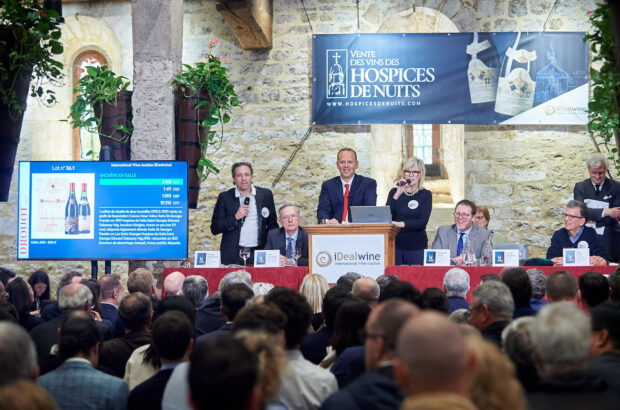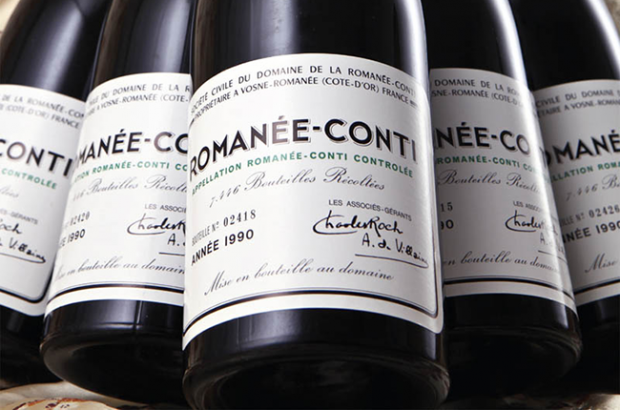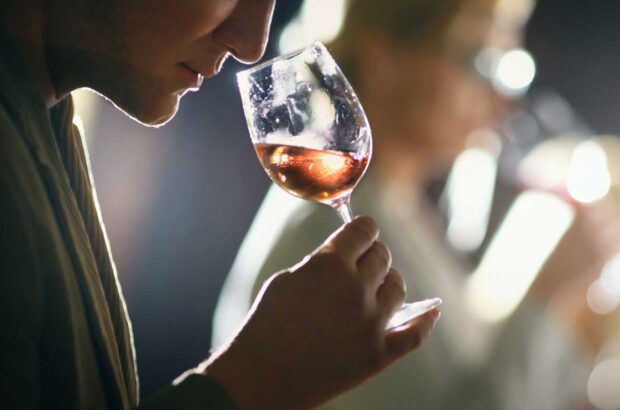A penniless and isolated Rudy Kurniawan has already faced 27 months in custody and should not face further time behind bars, lawyers for the convicted wine fraudster have argued.
A pre-sentencing report submitted by Kurniawan’s defence team, Jerry Mooney and Vincent Verdiramo, says that their client is too poor to pay anything but a nominal fine of $12,500. The US government has already seized millions of dollars of Kurniawan’s assets, it says.
It also argues for a prison sentence of 27 months and points out that Kurniawan has spent 27 months in custody since his arrest, meaning he could be seen to have served the appropriate time in prison already.
Indonesian-born Kurniawan, who last December was found guilty by a jury of making and selling more than $1m of counterfeit fine wines that he had concocted in the kitchen of his Los Angeles home, is due to be sentenced in New York on 29 May.
He could face up to 40 years in prison for his crimes, which also include fraudulently attempting to secure a $3m loan.
He must serve 85% of his sentence due to his immigration status, which classes him as illegally living in the US.
In the pre-sentencing report, Kurniawan’s lawyers returned to the theme of their client being an isolated individual who enjoyed ‘the feeling of being centre of attention’ among a group of fine wine loving associates in the US.
According to US government records, Kurniawan purchased $40m-worth of wine between 2004 and the end fo 2011.
Kurniawan’s legal team repeated their claim that counterfeiting is rife in fine wine.
When Kurniawan started recreating rare, famous wines in his own kitchen, and printing off labels on his home computer, it was ‘challenging, exciting, compelling and fun – and not a little addictive. More to the point, it was what the in-crowd secretly seemed to want’, the pre-sentencing report says.
It also says that, as Kurniawan’s financial situation deteriorated around the mid-2000s, he received ‘advances’ from Acker Merrall & Condit auction house, which sold many of his wines. Acker has denied ever knowingly selling fake wine.
Summing up their case, Kurniawan’s lawyers called for proportionality.
‘A comparison would be the theft of a $200,000 Rolls Royce from a wealthy person with a garage full of vehicles versus the theft of a $10,000 Ford from a worker who needs to get to and from work, and for whom the car may represent a major part of his net worth,’ says the pre-sentencing report.
‘Can it really be said that the harm from the theft of the Rolls Royce is 20 times greater than the harm from the theft of the Ford?
‘That is not to say that Rudy’s conduct in anyway should be lauded or excused.’
Written by Chris Mercer







